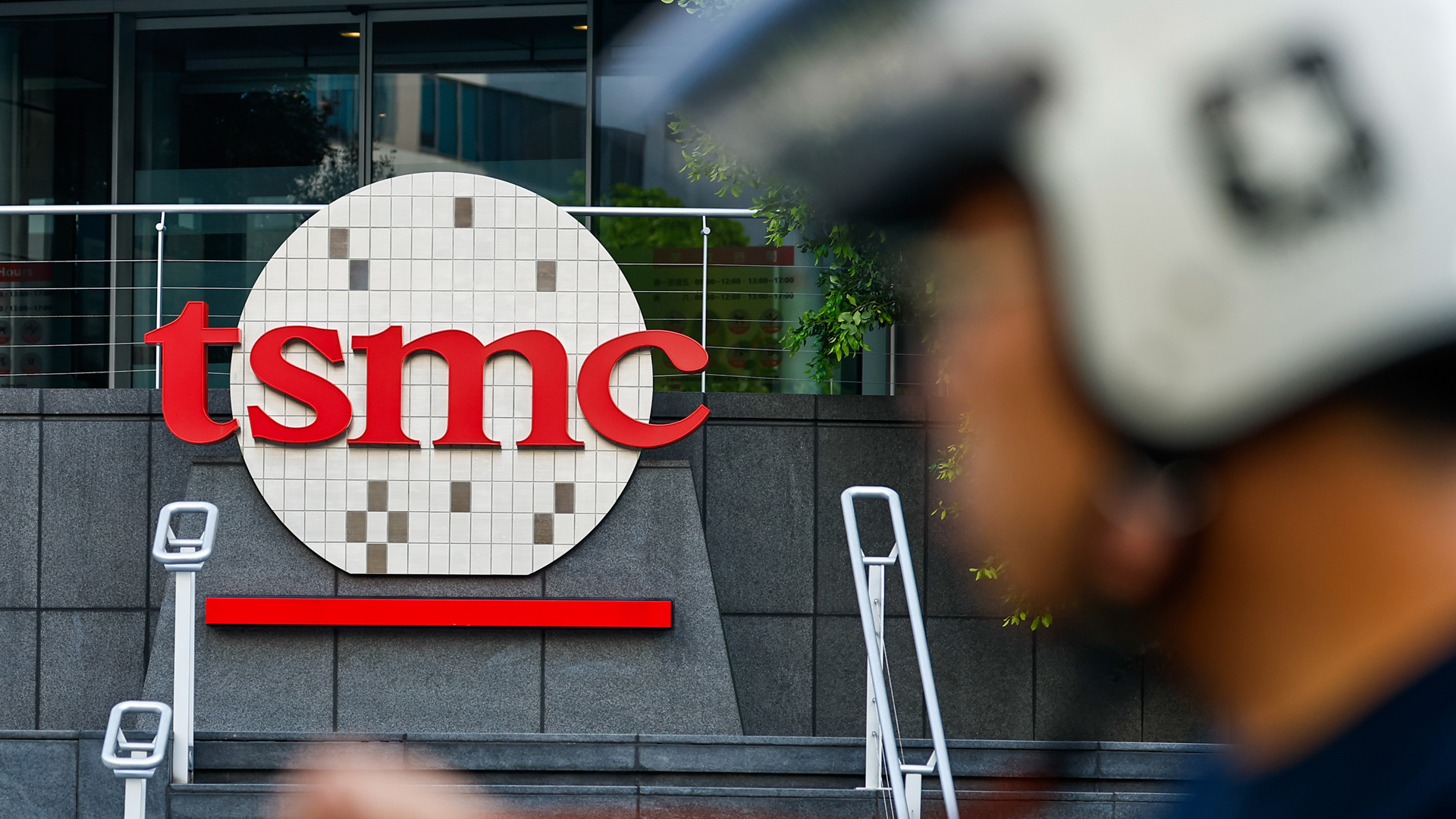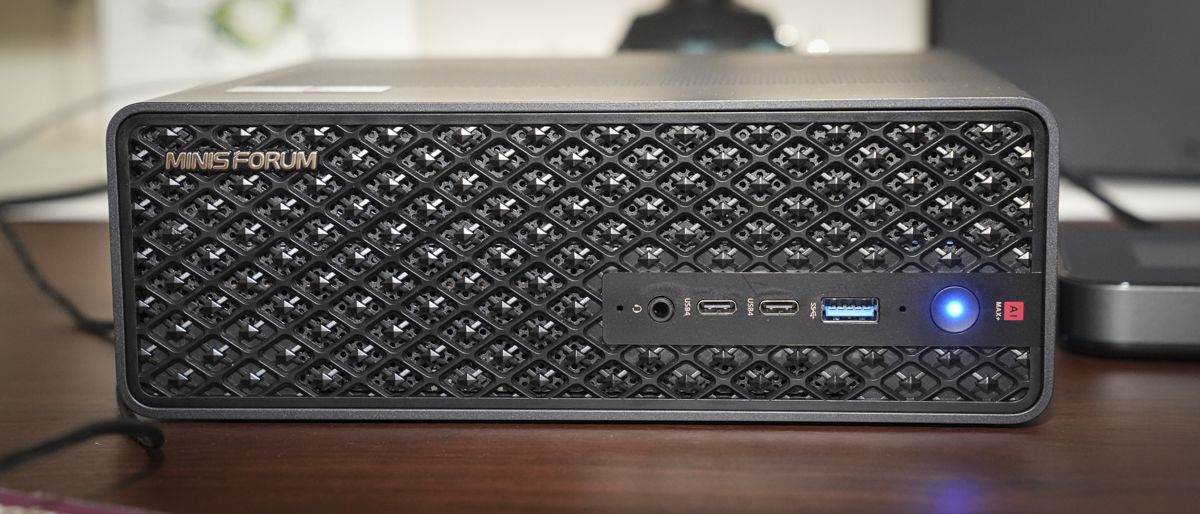Former Intel CEO and chairman Craig Barrett has laid out a blunt blueprint to rescue both Intel and, by extension, America’s ability to produce state-of-the-art chips. He has warned that without urgent funding, Intel risks ceding critical ground to overseas rivals, which is an unprecedented fate since the company is crucial to America's contemporary semiconductor ambitions. He stressed that leadership in chipmaking requires heavy investment years in advance of demand
Writing in Fortune, Barrett argued that Intel remains the sole US company capable of matching Taiwan’s TSMC at the leading edge—but lacks the capital to scale and modernize its production. With government CHIPS Act funding insufficient to close the gap, he insists the only realistic source of cash is Intel’s own customers. He proposed that Intel’s eight largest customers, including Apple, Google, and Nvidia, should each contribute $5 billion in return for guaranteed domestic supply and pricing leverage against Asian competitors.
Barrett said neither TSMC nor Samsung intends to bring their most advanced manufacturing to US soil, posing long-term risks for American technology companies dependent on imported chips. “The only place the cash can come from is the customers,” he wrote, adding that leadership in manufacturing requires proactive investment years ahead of market demand.

The proposal comes as Intel faces significant headwinds. Under CEO Lip-Bu Tan, appointed in March 2025, the company has been cutting over tens of thousands of jobs and cancelling major projects amid steep losses—$18.8 billion in 2024 and another $2.9 billion in Q2 2025. Intel has also purportedly stuggled with severe yield issues on its 18A manufacturing process, delaying key products and soft-forcing a pivot to its future 14A node. Barrett criticized the current leadership’s reluctance to invest in 14A without pre-existing customer contracts, calling the approach “a joke” and warning it risks falling permanently behind.
Barrett’s plan hinges on two pillars: immediate investment in critical technologies like High-NA EUV and backside power delivery, and potential US tariffs on imported advanced chips to stimulate domestic demand. He rejected calls to split Intel into separate design and manufacturing entities, arguing that the core problem is capital, not structure.
His comments arrive as Intel navigates political turbulence. President Donald Trump has publicly called for Tan’s resignation over alleged ties to China, with the two meeting at the White House today. While not directly addressing the leadership dispute, Barrett framed his proposal as essential for both national security and supply chain stability, warning that the US cannot afford to let Intel’s manufacturing leadership slip away.
Follow Tom's Hardware on Google News to get our up-to-date news, analysis, and reviews in your feeds. Make sure to click the Follow button.

 4 months ago
61
4 months ago
61








 English (US) ·
English (US) ·